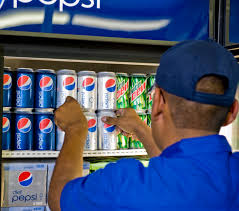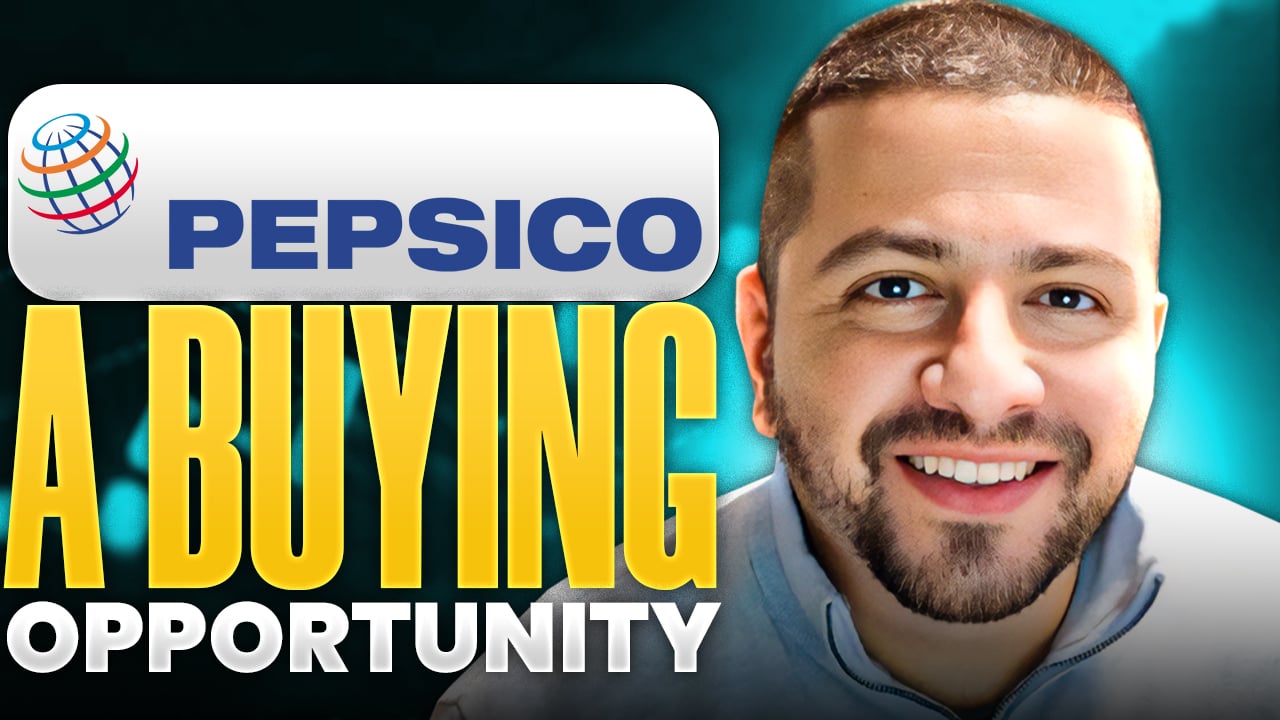PepsiCo (PEP +1.39%) is a tale of two companies. Its beverage business has struggled -- even when compared to peers such as Coca-Cola (KO +1.01%) -- while its snacks business continues to grow at a moderate pace around the globe. The beverage business has underperformed largely due to health concerns in developed countries. Unfortunately, the same concerns could soon overtake PepsiCo's snacks business, robbing the company of its most reliable profit center.

Image credit: Frito-Lay
Snacks outperforming beverages
Snacks have been PepsiCo's one bright spot amid poor beverage performance. The snacks division is led by megabrands Lay's, Doritos, and Cheetos. According to Brand Footprint, Lay's was the world's third-largest food brand in 2013 with 26% global household penetration.
Brand Footprint also calculates 'consumer reach points,' which it defines as household penetration times total number of households times the frequency of purchases of a brand per household per year. It is essentially an estimate of the global unit sales for a brand. Lay's consumer reach points increased 7.1% in 2013, driven by more frequent purchases by consumers. Cheetos and Doritos also saw impressive growth, increasing reach points 9.2% and 5.8%, respectively, largely due to higher household penetration rates in Brazil and other developing markets.
By comparison, PepsiCo's top beverage brands are growing consumer reach points at a much slower pace. Pepsi grew 2.2%, Gatorade declined 0.6%, and rising star Mountain Dew grew just 2.8%. To be fair, Coca-Cola's soft-drink brands are not doing any better by Brand Footprint's measure. Coke's reach points grew 2.2% in 2013 -- the same as Pepsi -- and Sprite grew just 2%.
None of Coca-Cola's or PepsiCo's beverage brands are growing reach points as quickly as Lay's, Cheetos, and Doritos. Clearly, the snacks business is in much better shape than the beverage business, but that may be about to change.

Image credit: Frito-Lay
What's really in those Doritos?
Soft drinks are under fire for containing copious amounts of unwanted ingredients, primarily sugar and artificial sweeteners. This has led to a sharp falloff in soda consumption in developed markets. Could the same happen in the salty snacks market? The prospect is not as remote as you might think.
In many ways, PepsiCo's snacks business is just as unhealthy as its beverage business. Like soft drinks, salty snacks are considered contributing factors to the obesity epidemic. A study published in 2011 tracked 120,000 individuals over a 20-year period and discovered that potato chips were the single greatest contributor to weight gain among the studied individuals -- even greater than sugary sodas. This is not a favorable finding for Lay's.
Like soft drinks, PepsiCo's salty snacks cause more health problems than just weight gain. Lay's, Doritos, and Cheetos are loaded with sodium, a mineral that contributes to high blood pressure. The American Heart Association specifically recommends avoiding salty snacks for people who have high blood pressure. Given FDA estimates that two in three U.S. adults suffer from high or elevated blood pressure, PepsiCo's salty snacks business could soon draw the ire of politicians and health activists.
A sign of things to come
The only difference between soft drinks and salty snacks may be that there is not widespread objection to salty snacks -- yet. In what could be a test case for countries around the world, Mexico -- which recently unseated the U.S. as the world's fattest nation -- instituted a junk-food tax in an effort to curb soaring obesity rates. If the 8% sales tax on high-calorie foods successfully curbs consumption, other countries may follow suit.
If PepsiCo's recent results in Mexico are any indication, the tax appears to be working. In the first full quarter after the tax was imposed, PepsiCo's snacks revenue declined by "low-single digits" after having increased in previous quarters, including outstanding 7% organic revenue growth in the second quarter of 2013. The Mexican snack results are part of PepsiCo's Latin American Foods division, which continues to grow due to strong contributions from the rest of Latin America. As a result, investors need not be concerned about profits lost from a slowdown in salty snacks consumption in Mexico.
However, investors should be concerned if a successful tax in Mexico leads to similar legislation in the U.S. Frito-Lay North America, which sells chips and dips in the U.S. and Canada, accounts for 40.7% of PepsiCo's operating profit. Like Mexico, Frito-Lay North America has traditionally been a consistent grower; it grew organic revenue 4% last quarter. Unlike Mexico, PepsiCo cannot easily absorb a decline in U.S. and Canadian salty snacks sales. That is why investors should be concerned if PepsiCo's organic volume and organic revenue continue to decline in Mexico -- it might encourage the second-fattest nation in the world to tax junk food as well.
Foolish takeaway
PepsiCo's snack business may have carried it through a rough year for its beverage business, but the company could lose its crutch in the years ahead. No matter how hard it tries to reduce the sodium, fat, and sugar content of its snacks, PepsiCo cannot change the nature of the products it sells; good-tasting potato chips will always be bad for consumers' health.
As a result, investors should keep a close eye on the effectiveness of the Mexican junk-food tax; if it works as intended, PepsiCo's U.S. snacks business could be the next target of anti-obesity activists. A tax on salty snacks in the U.S. could significantly impair PepsiCo's profitability -- and could cause its stock price to plunge.







